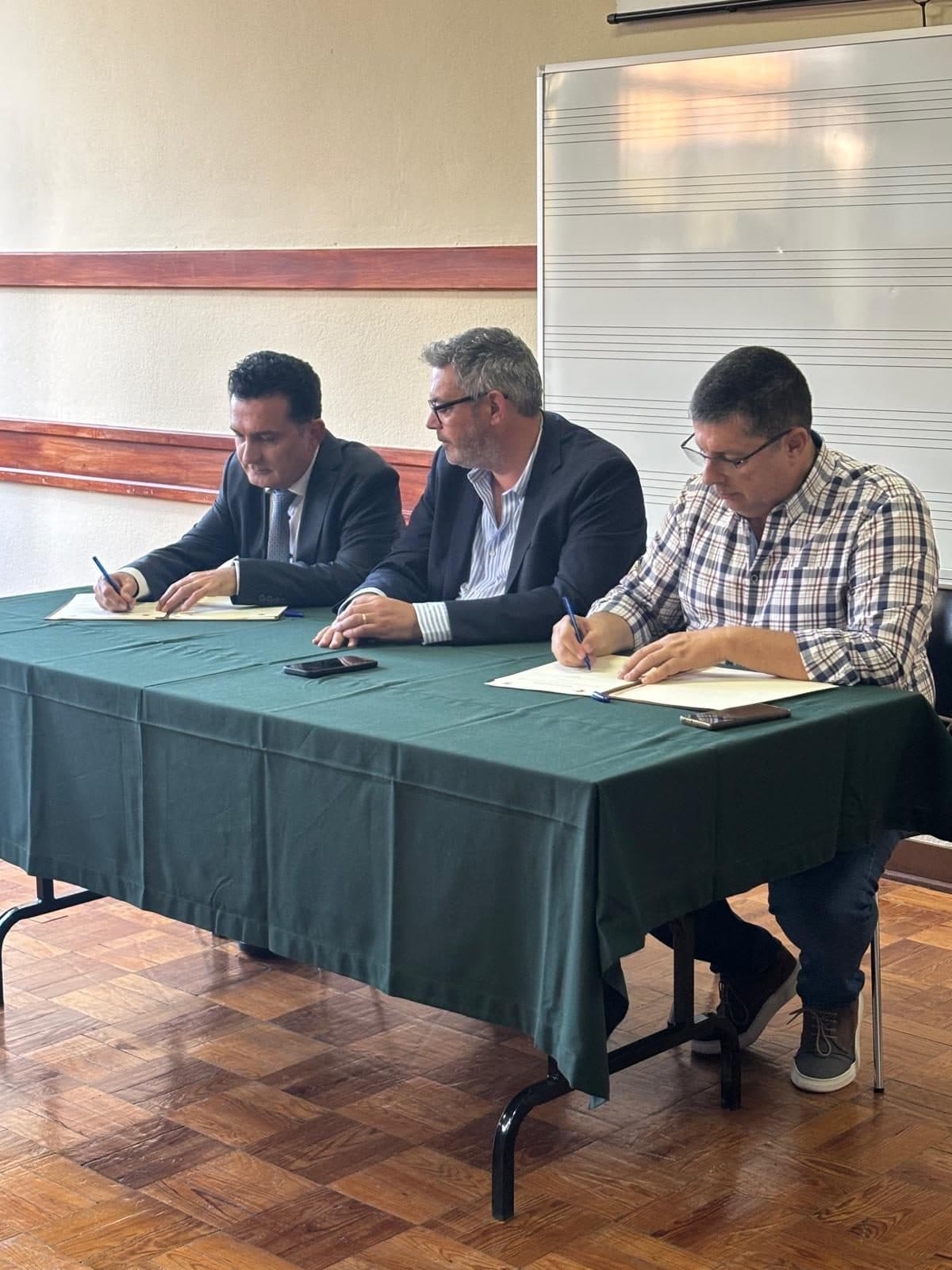Opinion: Air Market Freedom Clashes with Lisbon's Slot Reality
The formal principle of a free market in air transport has not effectively guaranteed access to the most competitive routes, an issue exemplified by the situation at Lisbon's Portela airport. An opinion piece published in the Portuguese press examines the case of the American airline JetBlue and its potential challenge to secure landing rights in the Portuguese capital. The author argues that while aviation markets have been liberalized, access to desirable, congested airports remains a significant practical barrier, protecting incumbent airlines.
The analysis points to JetBlue's successful entry into the transatlantic market, launching flights to London-Heathrow, as a case study. This was previously impossible due to restrictions, but the legalization of open skies policies created the opportunity. However, this freedom is limited by the physical constraints of airport infrastructure and the system of take-off and landing rights, known as “slots.” The central question raised is how to balance the entry of new competitors with the historical slot rights held by established carriers.
Slots are described as temporal rights to use airport infrastructure, maintained through the “80/20” rule, which requires an airline to use a slot 80% of the time or risk losing it. This system, the author notes, can lead to perverse incentives, such as the “ghost flights” phenomenon seen during the pandemic. In Lisbon's congested airport, the national carrier, TAP Air Portugal, holds approximately 50% of all available slots. The author contends that despite a state aid package of €3.2 billion from Brussels which mandated a 5% slot reduction, the competitive balance was not meaningfully altered.
Need Expert Guidance?
Get personalized insights from verified real estate professionals, lawyers, architects, and more.
The piece suggests that JetBlue's interest is naturally in profitable, high-demand routes like Lisbon, not in secondary airports such as Beja. The airline's successful entry into London and Amsterdam was reportedly achieved through a combination of legal threats and economic diplomacy. The author posits that the argument of “no slots at Portela” is an insufficient response, given that JetBlue managed to secure access to even more congested airports.
This situation, the author concludes, creates a paradox of “open skies, but closed airports,” where the market is theoretically free but infrastructure remains captive to incumbents. The opinion piece expresses confidence that JetBlue will eventually succeed in flying to Lisbon if it persists. However, it laments that this would not solve the fundamental problem of reconciling historical rights with fair access for new market entrants, describing the current situation as a system where physical barriers protect incumbents until a stronger challenger appears, which is characterized as being far from a just system.
Explore community-focused property opportunities at realestate-lisbon.com.






